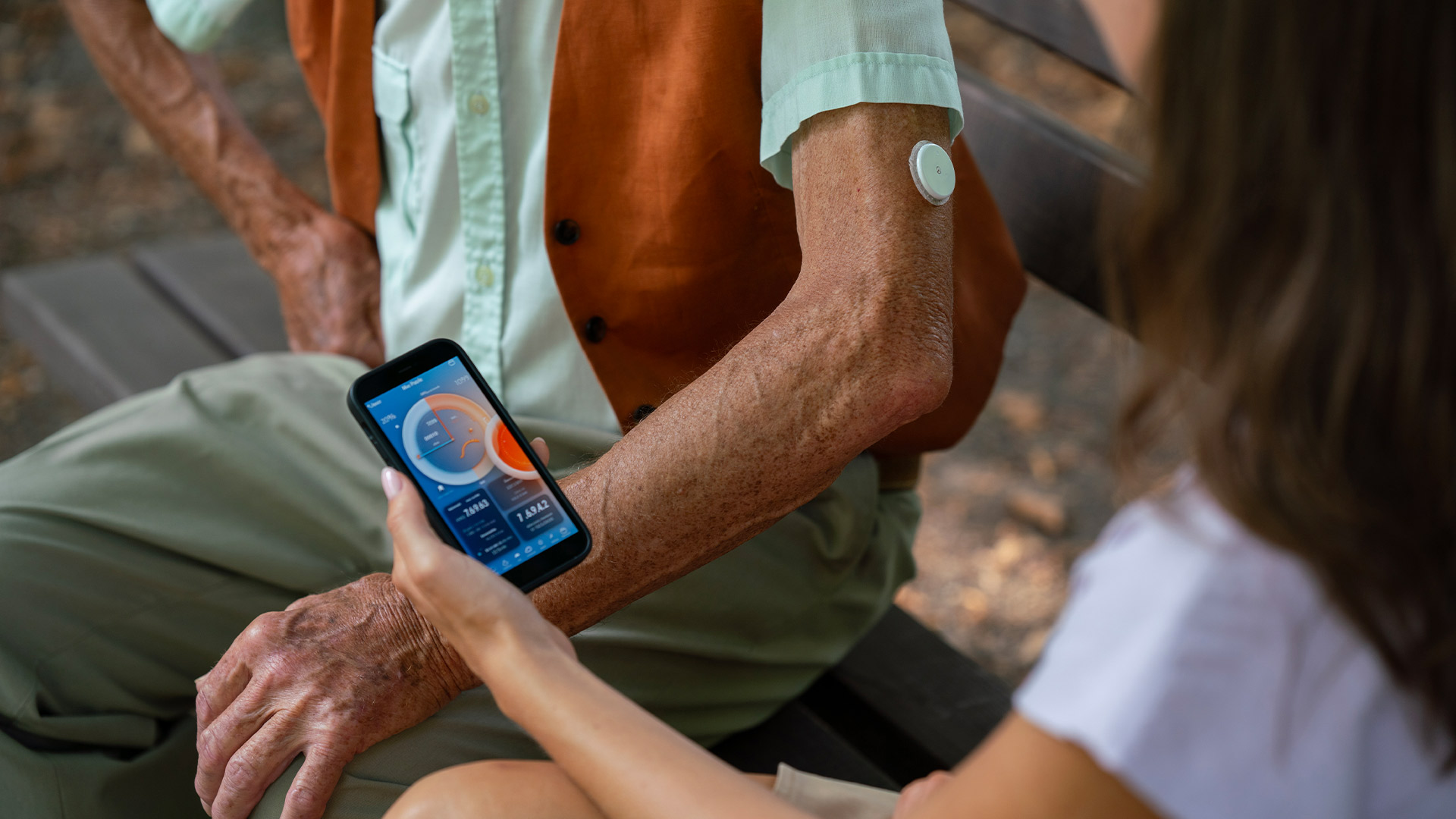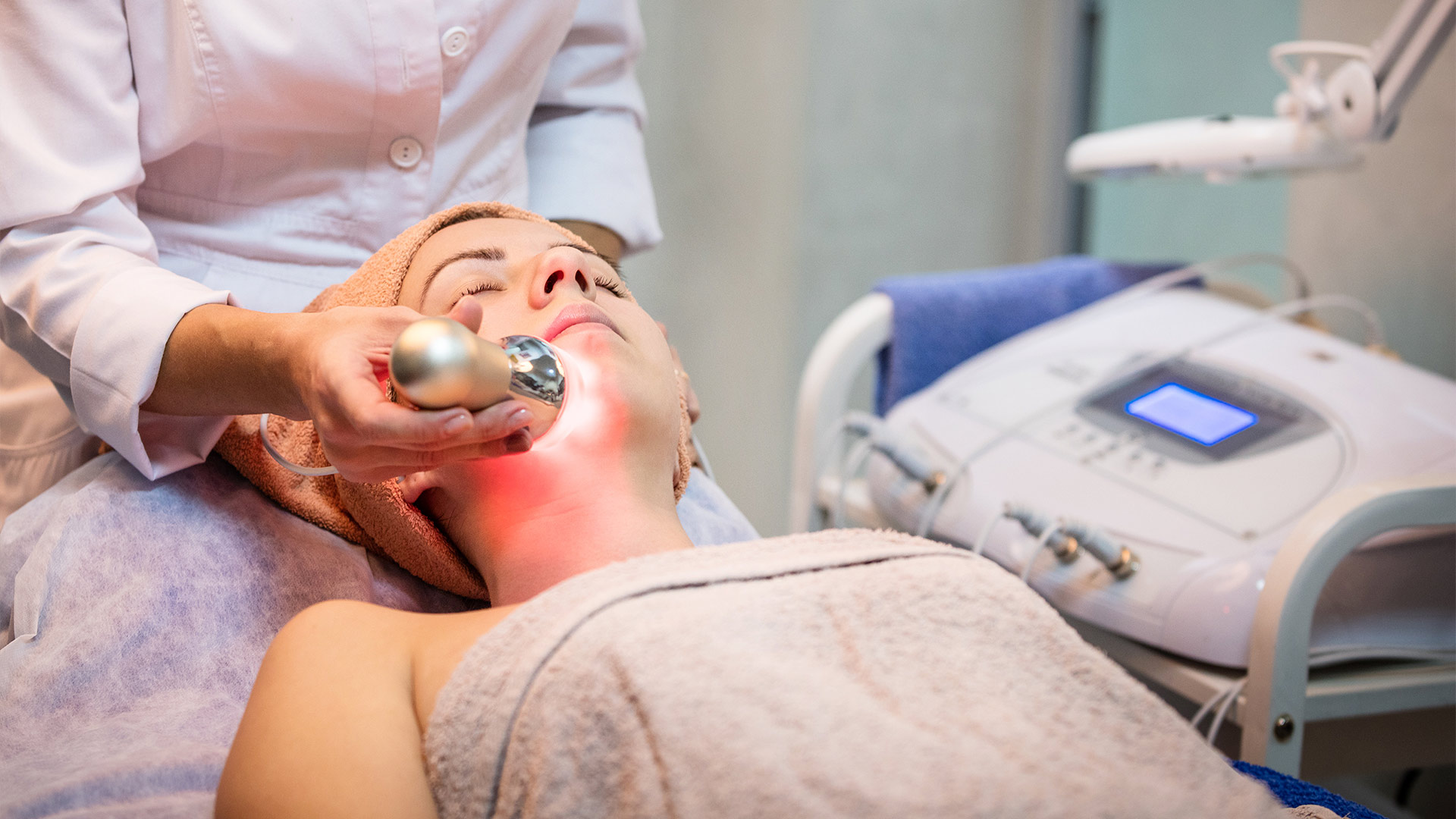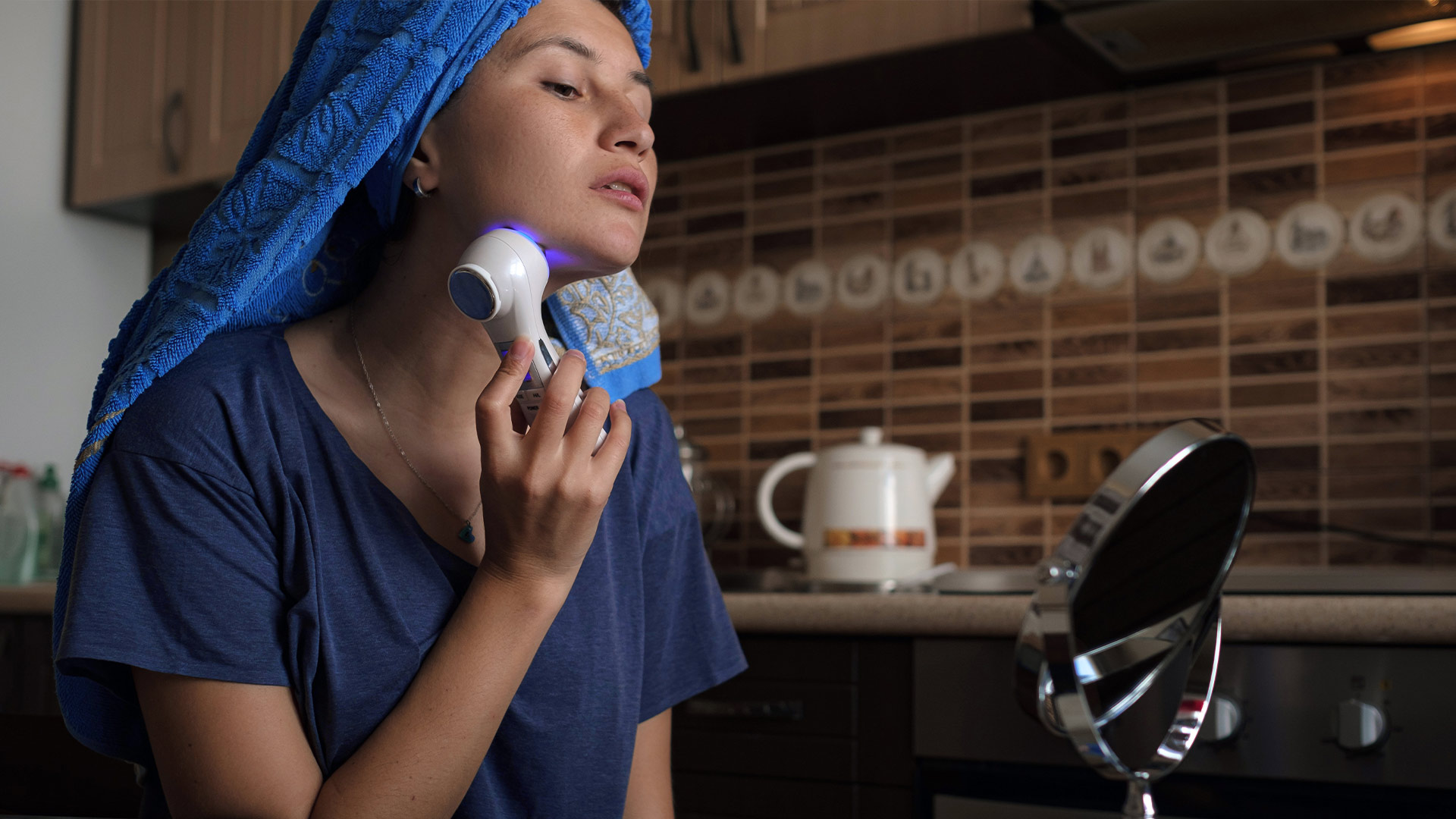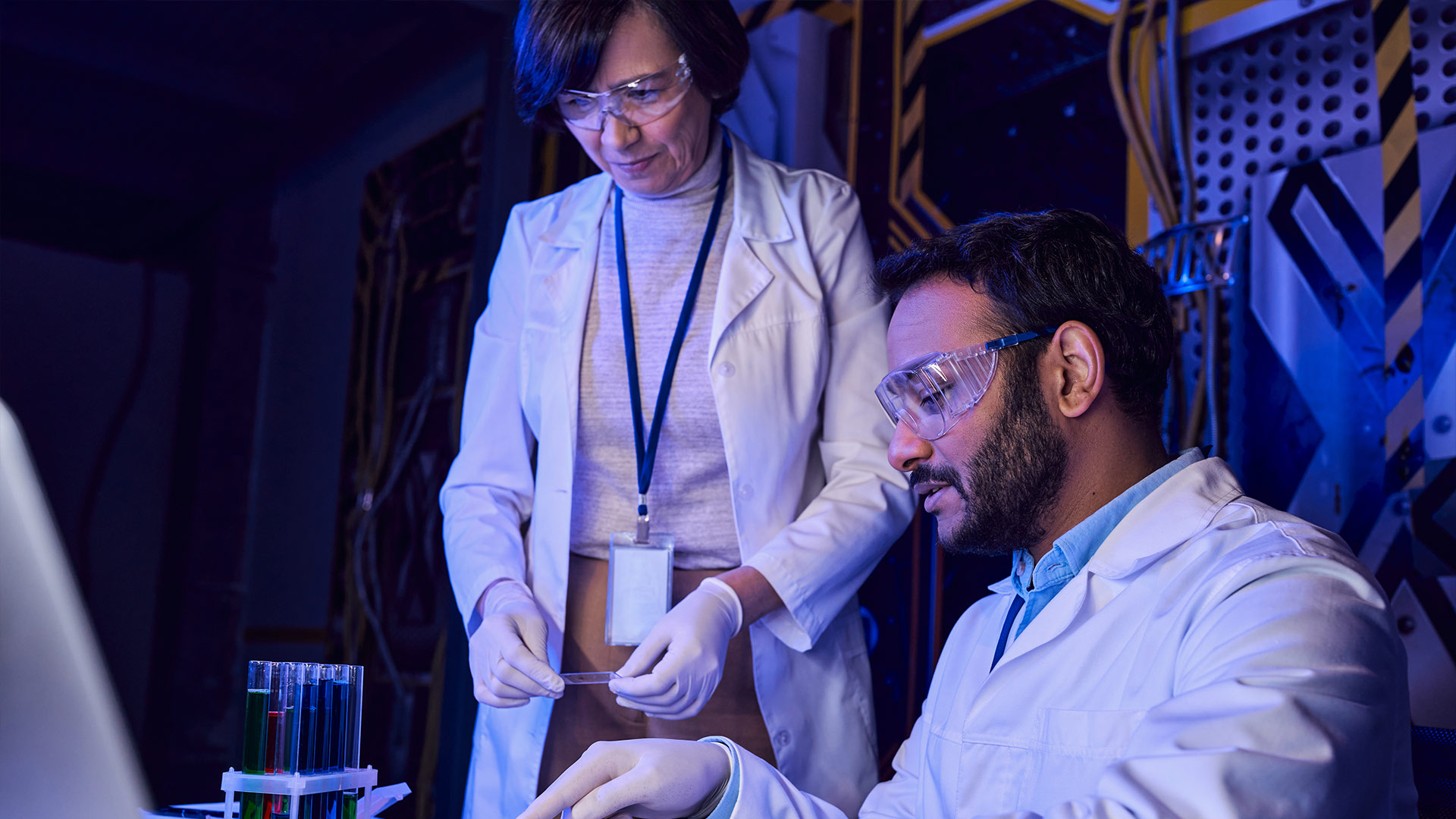Are Anti-Aging Apps the Future of Youthful Living?
Anti-aging apps are revolutionizing the way we approach skincare by offering personalized, science-backed solutions that cater to our unique skin needs. They provide a more efficient, accessible, and affordable way to care for our skin, all while tracking our progress and offering valuable insights.

In today’s fast-paced, tech-driven world, it seems like there’s an app for everything – including the fight against aging. Yep, you read that right. Anti-aging apps are becoming increasingly popular, with promises to help us look and feel younger, track our skin’s health, and even recommend personalized beauty routines. But the big question is – do they really work? And are anti-aging apps the future of youthful living?
What Are Anti-Aging Apps?
Before we explore whether anti-aging apps are the future, let’s take a step back and understand what they actually are. Anti-aging apps typically use artificial intelligence (AI), skin analysis technology, and other advanced tools to track your skin’s health and offer personalized skincare recommendations.
These apps often require you to take photos of your skin, input your skincare goals, or track your lifestyle habits. The app then processes this data to create a customized regimen that addresses your unique concerns, such as wrinkles, dark spots, or fine lines.
In some cases, anti-aging apps even integrate with devices like facial masks, light therapy tools, or smart skincare gadgets, allowing you to track your progress over time and make adjustments as needed.
How Anti-Aging Apps Can Help Us Maintain a Youthful Glow
You might be wondering – how exactly can an app help me stay young? Here are a few ways that anti-aging apps are supporting youthful living:
1. Personalized Skincare Recommendations
One of the most significant benefits of anti-aging apps is their ability to provide personalized skincare recommendations. Instead of following a one-size-fits-all approach, these apps analyze your skin’s unique needs and offer tailored advice on what products to use, what ingredients to avoid, and even when to apply them.
Using artificial intelligence and skin analysis technology, these apps can give you a skincare routine that’s suited to your skin type, age, and specific concerns. For example, if your app detects signs of dryness and fine lines, it might suggest hydrating serums or night creams with collagen-boosting ingredients like retinol or peptides.
Real Example: The YouCam Makeup app is a popular beauty app that offers AI-powered skin analysis. Users can take photos of their face, and the app will provide detailed insights into wrinkles, pores, and skin texture. Based on this data, it recommends a personalized skincare regimen and allows users to track their progress over time.
2. Skin Health Tracking and Progress Monitoring
A big part of aging gracefully is knowing how your skin is changing over time. Many anti-aging apps allow you to track changes in your skin’s health, whether it’s a reduction in wrinkles or improved hydration levels. By using regular skin assessments and photos, you can see the tangible effects of your skincare routine and monitor your skin’s overall progress.
This data-driven approach helps you make adjustments to your routine as needed, whether that means trying a new product, changing your diet, or adding a new step to your skincare regimen.
Real Example: SkinVision is an app that allows you to track the health of your skin and monitor any changes, like the appearance of moles or dark spots. By regularly checking your skin, you can spot potential issues early and make informed decisions about your skincare.
3. Promoting Healthy Lifestyle Choices
Anti-aging apps don’t just focus on skincare – they often encourage a more holistic approach to aging by helping you adopt healthier lifestyle habits. Many apps now offer tips on healthy eating, exercise, and sleep habits, all of which play a role in how we age. Some even track your hydration, stress levels, and sleep patterns, all of which have a significant impact on your skin and overall health.
For instance, apps may suggest that you increase your intake of antioxidants to help protect your skin from free radicals or recommend exercises that boost circulation and keep your skin looking fresh.
Real Example: The MySkin app helps users monitor their skin health by providing personalized lifestyle tips. For example, if your app notices that you’re experiencing skin irritation, it may suggest reducing stress, getting more sleep, or cutting back on caffeine to help soothe your skin.
4. Preventative Care and Early Detection
Aging isn’t just about wrinkles – it’s also about preventing more serious skin issues from developing over time, like sun damage, age spots, and even skin cancer. Many anti-aging apps help detect signs of skin damage early, allowing you to take preventative measures before these issues become more serious.
These apps use AI and machine learning algorithms to analyze your skin’s photos and detect any unusual changes that might signal potential problems. They can even compare your current skin condition to your past assessments, so you can keep an eye on any changes that may need professional attention.
Real Example: The MoleScope app connects to a dermatoscope (a specialized skin camera) to track and monitor moles and other skin conditions. The app can help detect early signs of skin cancer and allows you to share your photos with a dermatologist for further evaluation.
5. Convenience and Accessibility
One of the greatest advantages of anti-aging apps is the convenience they offer. Gone are the days of waiting for a dermatologist appointment or spending hours researching the best skincare products for your needs. With an app on your phone, you have access to expert advice, personalized recommendations, and real-time skin tracking – all from the comfort of your own home.
These apps are especially helpful for people with busy schedules who don’t have time to visit skincare professionals regularly but still want to make informed decisions about their skincare.
Are Anti-Aging Apps the Future?
While anti-aging apps have already made a significant impact in the beauty and wellness industry, the future is even more exciting. With the continued advancement of AI, machine learning, and augmented reality (AR), we can expect even more personalized, effective, and accessible skincare solutions.
The ability to have a skincare routine that adapts in real-time, based on how your skin changes daily, is a game-changer. Plus, with ongoing improvements in AI technology, we’ll likely see even more accurate skin analysis and tailored recommendations, helping us to age more gracefully and effectively.
Real Example: L’Oreal has already made strides in integrating AI with skincare. Their L’Oréal Perso device, for example, creates custom skincare products based on your skin’s real-time needs and environmental factors, such as temperature and humidity. It’s the future of personalized beauty – and it’s just the beginning.
Whether you’re looking for a routine that tackles wrinkles, hydration, or overall skin health, there’s likely an app for that. The convenience and customization of these apps make them a powerful tool in the anti-aging journey, and they’re likely to become even more advanced as technology continues to evolve.
So, the next time you’re looking for a skincare solution, don’t overlook the power of your smartphone – an anti-aging app might just be the key to unlocking your youthful glow.


